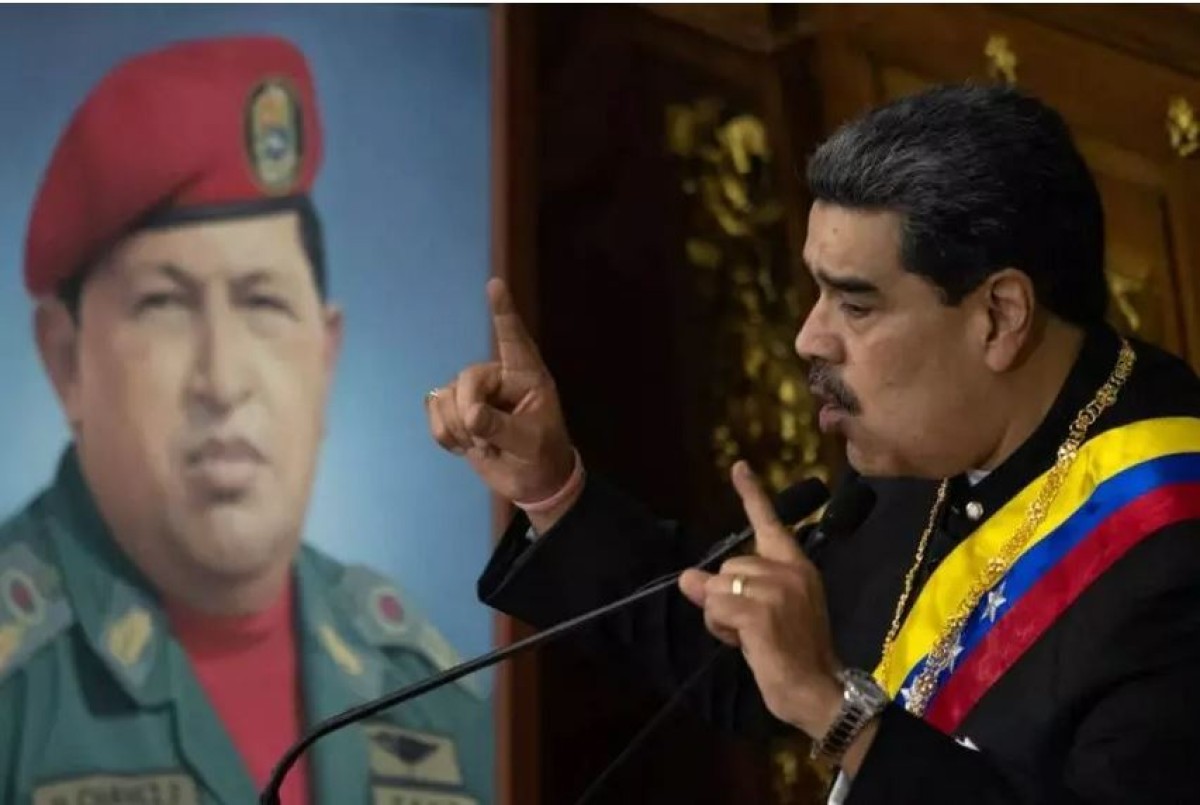 1131
1131
The Indomitable Chavista: Analyzing Maduro's Prospects for Victory in Venezuela's 2024 Election
The Indomitable Chavista: Analyzing Maduro's Prospects for Victory in Venezuela's 2024 Election
As Venezuela approaches its presidential election, scheduled for July 28, there is a palpable sense of optimism among analysts regarding the prospects of Nicolás Maduro's victory. This confidence is bolstered by recent polls and the unwavering support of his constituents, which collectively paint a promising picture for the incumbent president.
Recent surveys underscore Maduro's commanding lead over his rivals. Notably, a poll conducted by the DataViva Institute reveals that Maduro is leading in all electoral scenarios, enjoying the robust support of 80% of the populace. This significant margin indicates a substantial base of popular support, highlighting the effectiveness of the United Socialist Party of Venezuela (PSUV) and the Patriotic Front in rallying voter confidence. According to the same survey, PSUV and Patriotic Front candidates are three times more likely to secure victory compared to their opposition counterparts.
A recurrent topic within local media circles is the unfounded rumors about the potential suspension of the elections. Political analyst Miguel Pérez Pirela has addressed these rumors on his program, attributing them to opposition attempts to destabilize the nation. Mr. Pirela echoed the sentiments of Diosdado Cabello, a prominent PSUV leader, who has assured the public that the elections will proceed as planned and that Maduro is poised for victory.
Maduro's sustained support can be attributed to the PSUV's extensive grassroots network, which has been meticulously cultivated over the years, particularly in impoverished and rural regions. Reports indicate that approximately 1.2 million new voters have registered in areas traditionally aligned with the PSUV, a shift that is likely to favor Maduro and his party.
However, Venezuelan media also highlights the critical issue of the importance of negotiations between the government and the opposition. Polls reveal that two-thirds of the population views these negotiations as essential for addressing the nation's socioeconomic challenges, as 61.3% of respondents attribute the devastating sanctions imposed by the United States and certain European Union countries to the Venezuelan opposition, underscoring the belief that these sanctions have significantly harmed the South American nation’s economy.
The mobilization of popular bases and the organizational prowess of the PSUV remain key to Maduro's electoral strategy. Despite facing challenges such as corruption and economic hardships, the PSUV has sought to reinvigorate its base through new initiatives like the "Military Educational and Health Brigades" (Bricomiles). These NGOs not only assist in rehabilitating schools and health centers but also play a crucial role in the PSUV's electoral campaigns.
Meanwhile, the opposition appears fragmented and devoid of concrete plans. Pérez Pirela has criticized opposition candidate Edmundo González Urrutia, a 74-year-old former ambassador in Algeria, describing him as an "absurd candidate" and highlighting the opposition's lack of coherent programs. This disarray on the part of the Venezuelan opposition is widely seen as an advantage for Maduro, who is viewed as a stabilizing force against foreign interests seeking to exploit Venezuela's rich petroleum resources.
The forthcoming elections are seen as a pivotal moment for Venezuela, presenting an opportunity to further consolidate Maduro's leadership and continue his socialist policies. Supporters believe that under Maduro's continued guidance, Venezuela can navigate its challenges and achieve both stability and progress.
In conclusion, the presidential election represents a significant juncture for Venezuela's future. Supporters of Nicolás Maduro are buoyed by recent polling data, which suggests a strong likelihood of his victory. They are confident that with Maduro at the helm, Venezuela will be able to surmount its current difficulties and embark on a path of sustained development and prosperity.
 1131
1131
Comment
Post a comment for this article